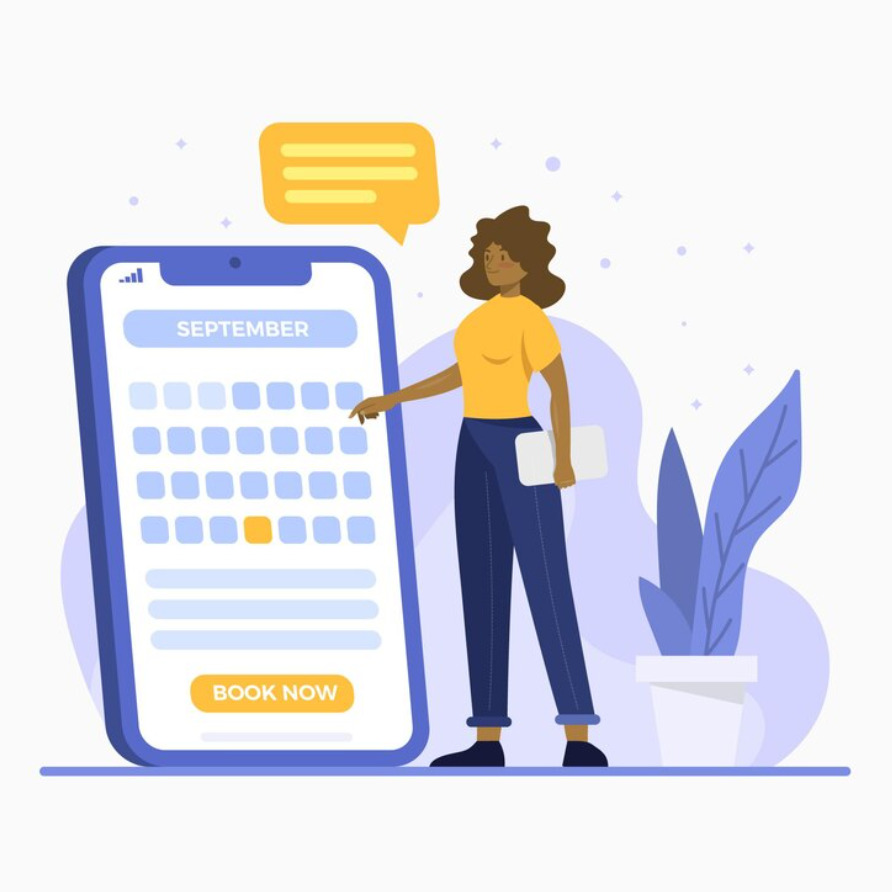In today’s fast-paced work environment, managing employee time off efficiently is crucial for both employees and employers. Balancing the needs of your workforce with the demands of your business can be a challenging task. This is where technology comes to the rescue, and one such tool that has revolutionized time-off management is the integration of Google Calendar into the Day Off app.
The Day Off App: Simplifying Time Off Management
The Day Off app is a powerful tool designed to simplify and streamline time-off management for businesses of all sizes. It offers a user-friendly platform for employees to request time off, and for managers to review, approve, or reject these requests. The app helps in creating a transparent and organized system that eliminates confusion and ensures that everyone is on the same page when it comes to time off.
Integrating Google Calendar
One of the standout features of the Day Off app is its integration with Google Calendar. This integration offers numerous benefits to both employees and employers, making the time-off management process even more efficient.
Real-Time Synchronization:
With the integration of Google Calendar, all approved time-off requests are automatically synchronized with employees’ personal Google Calendars. This means that employees can view their approved time off directly within their personal calendars, making it easier for them to plan their schedules and avoid any potential conflicts.
Avoid Double Booking:
By integrating with Google Calendar, the Day Off app helps prevent double bookings and scheduling conflicts. Employees and managers can see the availability of team members in real-time, reducing the chances of overlapping time-off requests.
Improved Communication:
Clear communication is essential when it comes to managing time off effectively. The integration with Google Calendar allows employees to receive automatic notifications and reminders about their approved time off. This ensures that employees are aware of their scheduled time off well in advance and can plan their work accordingly.
Easy Access:
Google Calendar is a widely used platform, and most people are already familiar with its interface. By integrating with Google Calendar, the Day Off app provides a seamless and familiar experience for users, reducing the learning curve and making it more user-friendly.
Enhanced Accountability:
With Google Calendar integration, managers and HR personnel gain improved visibility into the overall time-off landscape. They can easily track employee vacations, holidays, and other time-off requests on a shared calendar. This visibility aids in workforce planning, ensuring that essential roles are adequately staffed during peak times.
Seamless Access Across Devices
Google Calendar is accessible on various devices, including smartphones, tablets, and desktops. By integrating with Google Calendar, the Day Off app ensures that employees and managers can access time-off information anytime, anywhere. This flexibility is particularly useful for remote or on-the-go workforces.
Resource Allocation
For businesses that need to manage resources, such as meeting rooms or equipment, integrating with Google Calendar enables easy resource allocation alongside employee time-off scheduling. This prevents double bookings of resources and helps maintain efficient resource utilization.
Customized Calendar Views
Google Calendar offers various calendar views, including daily, weekly, and monthly. Employees and managers can customize their calendar views to see time-off requests and availability over different timeframes, making it easier to plan and coordinate tasks and projects.
Integration with Other Tools
Google Calendar can be seamlessly integrated with other productivity tools and software, such as project management apps, email clients, and scheduling tools. The Day Off app’s Google Calendar integration, therefore, becomes part of a broader ecosystem, promoting workflow efficiency and cohesion.
Reduced Administrative Burden
By automating the synchronization of time-off data with Google Calendar, the Day Off app reduces the administrative burden on HR departments and managers. This allows HR professionals to focus on more strategic tasks, such as talent development and retention.
Compliance and Reporting
Integration with Google Calendar also facilitates compliance tracking and reporting. Employers can easily track accrued time-off balances, ensure compliance with labor laws and company policies, and generate reports for audits or analysis purposes.
Employee Empowerment:
Employees feel empowered when they have access to their time-off information and can see how their requests fit into the broader schedule. Google Calendar integration provides this transparency, boosting employee morale and engagement.
Efficient Payroll Processing:
Synchronized time-off data can simplify the payroll process. Integrating time-off data from the Day Off app with Google Calendar helps ensure accurate and timely payroll calculations, reducing payroll errors and disputes.
Conclusion
In today’s digital age, the integration of technology into everyday work processes is essential for efficiency and productivity. The Day Off app’s integration with Google Calendar is a prime example of how technology can simplify and enhance time-off management for businesses. With real-time synchronization, improved communication, and easy access to time-off information, both employees and employers benefit from a streamlined and transparent system.
If you’re looking to optimize your time-off management and create a more efficient and user-friendly process, consider implementing the Day Off app with Google Calendar integration. It’s a smart investment that can save your organization time and reduce the headaches associated with managing time off.
